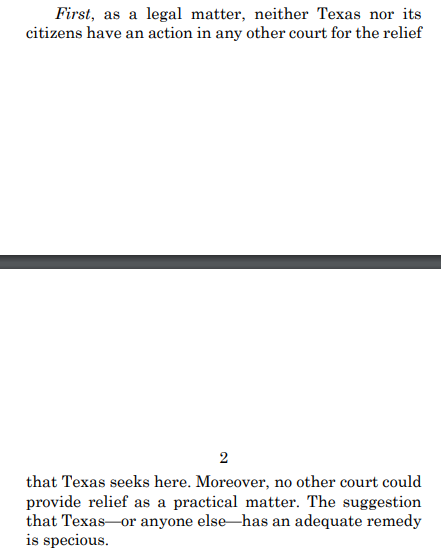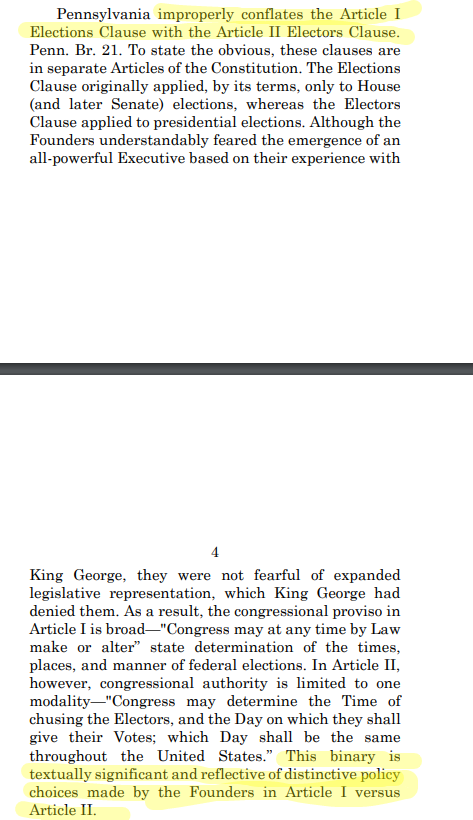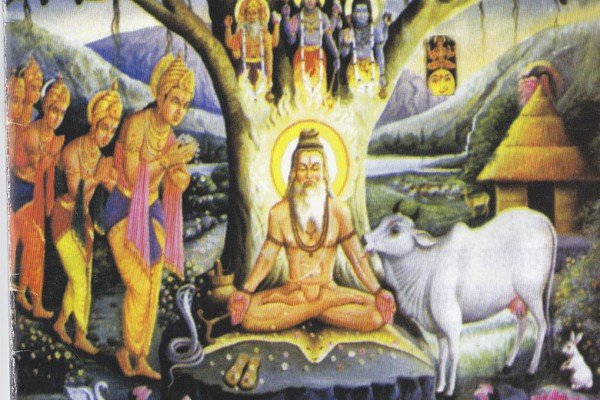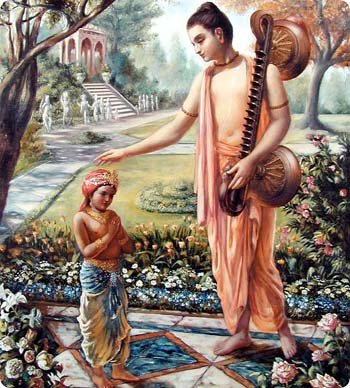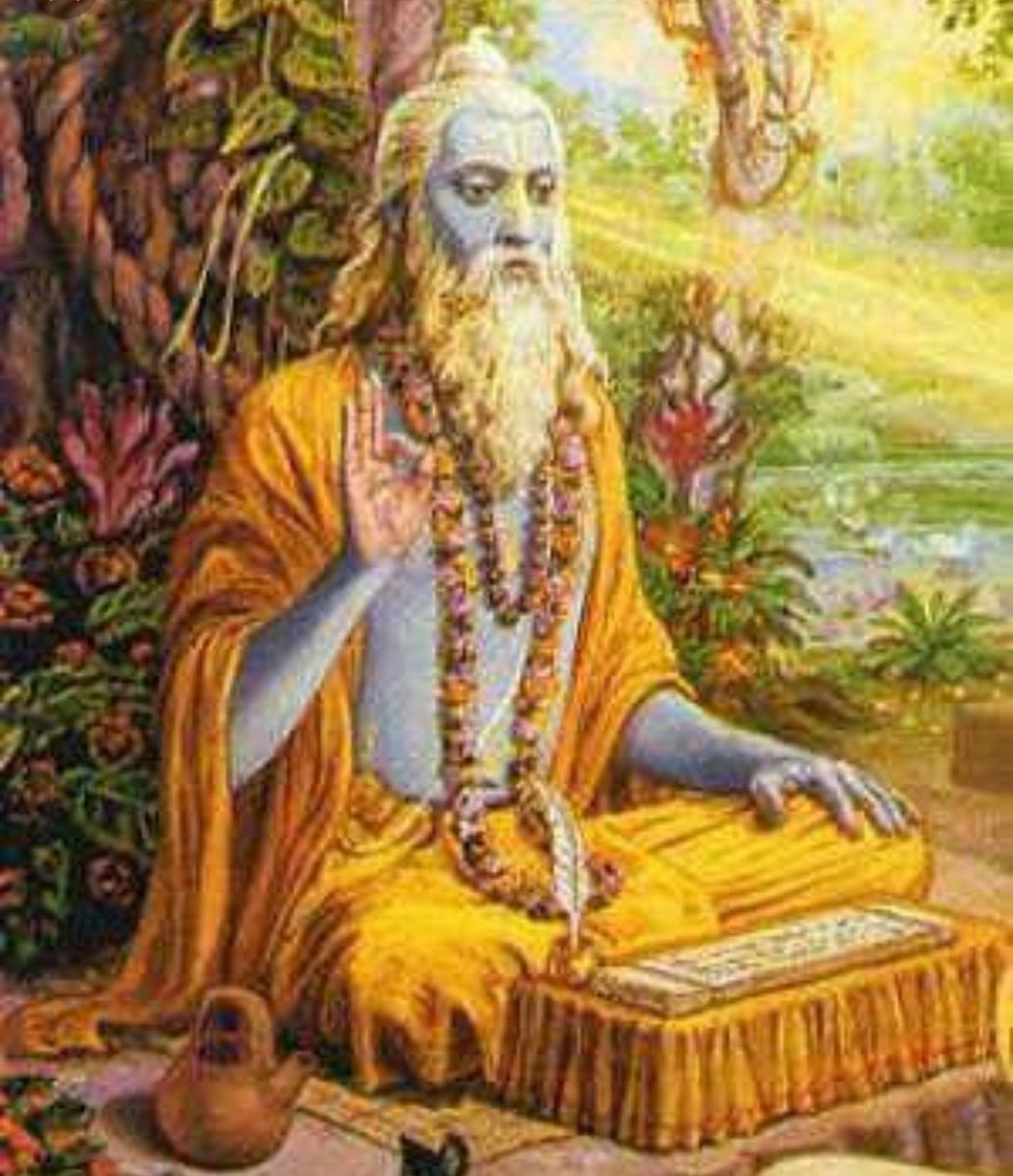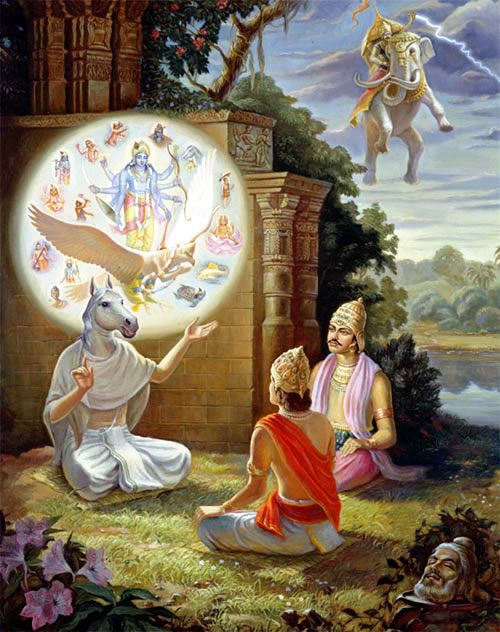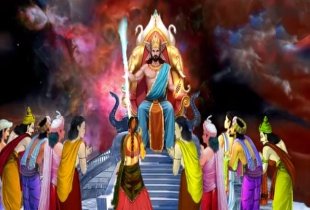#MeToo #metooindia @mjakbar
Delhi court starts hearing MJ Akbar's defamation case against Priya Ramani.
Sr. Adv. Rebecca John begins submissions for Ramani.
#MeToo #metooindia @mjakbar
Continues showing case documents.
John: Only the first four paras of the article referred to Akbar, rest of the article was about male bosses in general.
#MeToo @mjakbar
John: This is self-evident. The portions of the article in inverted commas are from articles written in America by American authors, which is why they are in inverted commas. They've nothing to do with Akbar.
Judge: Has he made complaints against others also?
John: No, he has only picked out Ramani, and he admits he was aware of others also.
His wife, on the other hand stated that, Pallavi's flaunting the relationship publicly threatened to destroy their family- which he admitted.
#MeToo #MJAkbar #PriyaRamani
#MJAkbar #MeToo
More from Live Law
More from Law
The Supremacy Of The Shari’a- A Thread 🧵
The Shari'a Law has been a subject of inequitable prejudice for a long time, which we already know is false & illogical.
However, as long as such claims are being made- we will have to falsify 'em.😏
Let's debunk all the myths.
Harvard Economists point out how eradication of poverty in secular states is one of the pressing issues academics face.
In fact, around a billion people live in extreme poverty conditions under the notion of secularism.
https://t.co/gVp2jRtjqU
https://t.co/oZELY0BFrd

Contrary to secularism-Islam was extremely triumphant in this regard.
The Shari'a states successfully eradicated poverty by creation of a welfare society & the institutionalization of obligatory charity.
https://t.co/5xpQkQ6ZQb
https://t.co/KH1sl1omB5
https://t.co/38ak5CUK1L

A logical outcome of 0% poverty is 0% crime rates, as criminologists point out.
This can be explained by the theory of Synnomie, which explains 0% crime rates & ideal social order under the Shari'a.
https://t.co/QwtLB6xEFW
https://t.co/HskBa5qy4P
https://t.co/mklS6BIOL0

The Shari'a Law has been a subject of inequitable prejudice for a long time, which we already know is false & illogical.
However, as long as such claims are being made- we will have to falsify 'em.😏
Let's debunk all the myths.
Harvard Economists point out how eradication of poverty in secular states is one of the pressing issues academics face.
In fact, around a billion people live in extreme poverty conditions under the notion of secularism.
https://t.co/gVp2jRtjqU
https://t.co/oZELY0BFrd

Contrary to secularism-Islam was extremely triumphant in this regard.
The Shari'a states successfully eradicated poverty by creation of a welfare society & the institutionalization of obligatory charity.
https://t.co/5xpQkQ6ZQb
https://t.co/KH1sl1omB5
https://t.co/38ak5CUK1L

A logical outcome of 0% poverty is 0% crime rates, as criminologists point out.
This can be explained by the theory of Synnomie, which explains 0% crime rates & ideal social order under the Shari'a.
https://t.co/QwtLB6xEFW
https://t.co/HskBa5qy4P
https://t.co/mklS6BIOL0

There is a now-relevant parallel here to the difference here between matters before a judge & matters before a jury. Judges are far more reluctant to strike testimony or evidence if they are the only recipients of it, with the theory being that they are really smart about ...
law stuff & will know what they can & can't consider. For instance, there is a long-held rule that a fact witness can't make legal arguments, only a lawyer. So what will happen in a motion for summary judgment, where the entire proceeding is on paper, will play out like this:
1) Defendant makes a motion for summary judgment. It includes a sworn declaration from some fact witness.
2) The declaration includes all sorts of legal arguments about why the defendant should win. Often the declaration includes arguments the brief didn't even make.
Defendants (especially DOJ-represented ones) often do this to get around the word or page-limits placed on briefs.
3) Plaintiff moves to strike the declaration for its inclusion of inadmissible legal arguments.
4) Judge denies the motion to strike, on the grounds that a ...
judge is a sophisticated consumer of evidence & can choose what to consider & what to ignore, unlike a jury.
The legal fiction behind this impeachment exception is that Senators are also smart enough to know what to listen to & what to ignore. Now, that may not be ACCURATE, ...
To the extent that precedents matter in this trial, when hearsay has been challenged in past trials, it's been admitted if it's probative. And it's been noted that senators aren't *regular* jurors, but rather people of learning who can figure on their own how to weigh evidence.
— Ira Goldman \U0001f986\U0001f986\U0001f986 (@KDbyProxy) January 24, 2020
law stuff & will know what they can & can't consider. For instance, there is a long-held rule that a fact witness can't make legal arguments, only a lawyer. So what will happen in a motion for summary judgment, where the entire proceeding is on paper, will play out like this:
1) Defendant makes a motion for summary judgment. It includes a sworn declaration from some fact witness.
2) The declaration includes all sorts of legal arguments about why the defendant should win. Often the declaration includes arguments the brief didn't even make.
Defendants (especially DOJ-represented ones) often do this to get around the word or page-limits placed on briefs.
3) Plaintiff moves to strike the declaration for its inclusion of inadmissible legal arguments.
4) Judge denies the motion to strike, on the grounds that a ...
judge is a sophisticated consumer of evidence & can choose what to consider & what to ignore, unlike a jury.
The legal fiction behind this impeachment exception is that Senators are also smart enough to know what to listen to & what to ignore. Now, that may not be ACCURATE, ...
You May Also Like
MDZS is laden with buddhist references. As a South Asian person, and history buff, it is so interesting to see how Buddhism, which originated from India, migrated, flourished & changed in the context of China. Here's some research (🙏🏼 @starkjeon for CN insight + citations)
1. LWJ’s sword Bichen ‘is likely an abbreviation for the term 躲避红尘 (duǒ bì hóng chén), which can be translated as such: 躲避: shunning or hiding away from 红尘 (worldly affairs; which is a buddhist teaching.) (https://t.co/zF65W3roJe) (abbrev. TWX)
2. Sandu (三 毒), Jiang Cheng’s sword, refers to the three poisons (triviṣa) in Buddhism; desire (kāma-taṇhā), delusion (bhava-taṇhā) and hatred (vibhava-taṇhā).
These 3 poisons represent the roots of craving (tanha) and are the cause of Dukkha (suffering, pain) and thus result in rebirth.
Interesting that MXTX used this name for one of the characters who suffers, arguably, the worst of these three emotions.
3. The Qian kun purse “乾坤袋 (qián kūn dài) – can be called “Heaven and Earth” Pouch. In Buddhism, Maitreya (मैत्रेय) owns this to store items. It was believed that there was a mythical space inside the bag that could absorb the world.” (TWX)
1. LWJ’s sword Bichen ‘is likely an abbreviation for the term 躲避红尘 (duǒ bì hóng chén), which can be translated as such: 躲避: shunning or hiding away from 红尘 (worldly affairs; which is a buddhist teaching.) (https://t.co/zF65W3roJe) (abbrev. TWX)
2. Sandu (三 毒), Jiang Cheng’s sword, refers to the three poisons (triviṣa) in Buddhism; desire (kāma-taṇhā), delusion (bhava-taṇhā) and hatred (vibhava-taṇhā).
These 3 poisons represent the roots of craving (tanha) and are the cause of Dukkha (suffering, pain) and thus result in rebirth.
Interesting that MXTX used this name for one of the characters who suffers, arguably, the worst of these three emotions.
3. The Qian kun purse “乾坤袋 (qián kūn dài) – can be called “Heaven and Earth” Pouch. In Buddhism, Maitreya (मैत्रेय) owns this to store items. It was believed that there was a mythical space inside the bag that could absorb the world.” (TWX)







